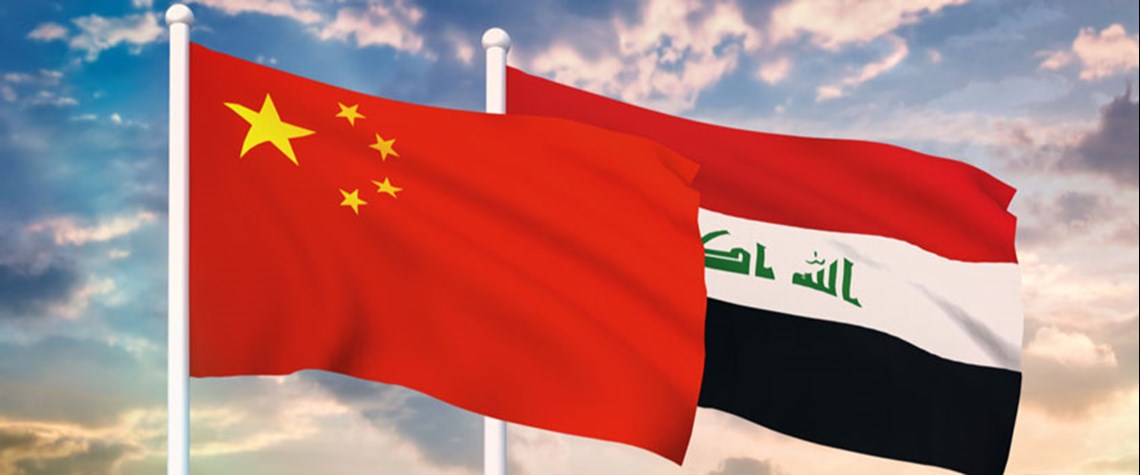Iraq’s China embrace not without risks
The Middle Eastern state’s welcome of Chinese investment is understandable, but not unproblematic
Majors—notably BP, Shell and ExxonMobil—are retreating from Iraq given its challenging financial environment, although not solely because of it. The country, which has struggled to attract new upstream investment from large firms in recent years, has come to rely on a shrinking number of companies to operate its largest fields. “All major investors are either looking for another market or for another partner,” says Iraqi oil minister Ihsan Ismael. Why does this matter? The twin shocks of low oil prices and the Covid-19 pandemic caused Iraq’s GDP to contract by 10.4pc in 2020 and led to a painful currency devaluation. With oil export revenues accounting for over 90pc of the state budget and I

Also in this section
18 February 2026
With Texas LNG approaching financial close, Alaska LNG advancing towards a phased buildout and Magnolia LNG positioned for future optionality, Glenfarne CEO Brendan Duval says the coming year will demonstrate how the company’s more focused, owner-operator approach is reshaping LNG infrastructure development in the North America
18 February 2026
The global gas industry is no longer on the backfoot, hesitantly justifying the value of its product, but has greater confidence in gas remaining a core part of the global energy mix for decades
18 February 2026
With marketable supply unlikely to grow significantly and limited scope for pipeline imports, Brazil is expected to continue relying on LNG to cover supply shortfalls, Ieda Gomes, senior adviser of Brazilian thinktank FGV Energia,
tells Petroleum Economist
17 February 2026
The 25th WPC Energy Congress, taking place in Riyadh, Saudi Arabia from 26–30 April 2026, will bring together leaders from the political, industrial, financial and technology sectors under the unifying theme “Pathways to an Energy Future for All”







